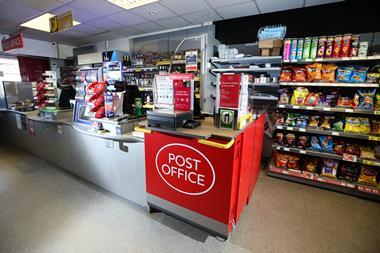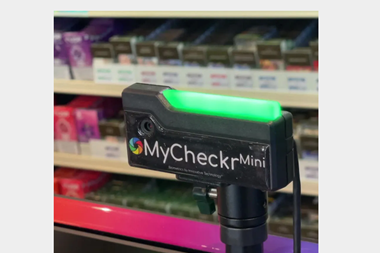From daily updates about your business to creating more personalised connections, social media has transformed the way retailers engage with their customer base. But while this ease of interaction brings with it a huge number of benefits, it also leaves retailers exposed to negative comments or reviews.

When handled badly, negative feedback can blow up quickly and have a huge impact on your business. In this guide, We Are Social’s senior editor Ross McTaggart gives his tips for managing negative comments professionally and achieving a positive outcome.
1. Never leave negative comments unanswered
Do you need to reply to all negative comments? The short answer to this is, yes. Leaving negative feedback unanswered does two things: it almost certainly loses you a customer and it allows others to see how poorly you deal with customer feedback. Both will impact your bottom line. Also, it might be tempting to only reply to glowing reviews but focus on any negative comments first, as that person could continue to post negatively until their issue is resolved.
For smaller retailers who don’t have time and resources on their side, this can be challenging but it’s an essential part of managing your social presence. Great customer service can be as valuable as spending time on sales or marketing, as it proves you’re a business that’s focussed on satisfaction, not just sales.
2. Stay professional, don’t take it personally
There’s no hiding from the fact that negative comments hurt, particularly if you happen to be the business owner. When you sit down to tackle feedback or complaints, it’s best to take a deep breath, stick on your business owner hat and try not to see the posts as personal attacks.
While social lets us connect with people, the fact these people are not right in front of you means you often get some pretty harsh reviews. Don’t rise to it. Stay neutral and stay focused on solving their problem. If you are in the wrong, don’t come out fighting: apologise with speed and sincerity. Even the angriest customers can be defused with a strong apology and a promise to get things sorted as quickly as possible.
However, internet trolls can take negative posting to the next level, deriving fun from stirring up trouble on your page. Address any legitimate issues with a polite reply, but if the trolling continues in a deliberately incendiary manner, you are within your rights to block the user or eject them from your group.
3. Don’t panic - learn and improve
While it’s important to be upfront about your mistakes, don’t freak out at a bad review and offer huge refunds and discounts to smooth things over with the irate customer. Assess what’s happened, find the right solution and let them know how you’re going to make it right.
If you’ve found a certain approach or tone works well for you when dealing with negativity, save the conversation somewhere (screenshot or copy and paste) so you can learn from it. Then share it with your team and build it into your process.
4. Cross-platform responses
How you reply should remain fairly consistent across different social channels and platforms. Hearing from a familiar voice, whether it’s on Twitter or Instagram, lets customers know that their complaint is being handled by the same person (or the same team), which reassures them that the right people are listening.
Twitter tends to be a popular channel for contacting businesses as it’s predominantly text-based. As many businesses now sell directly through both Instagram and Facebook, these platforms are also becoming increasingly important when it comes to monitoring customer feedback.
It’s important to remember that if you feel a conversation will require a lot of back and forth or has a particularly aggressive tone, quickly (but politely) suggest that you pick it up in a direct message chat. This cleans up your feed and allows you to focus on resolving the problem in private. The same approach should be applied when responding to reviews on either Facebook or Google. Both are very popular reviewing platforms, particularly for small, local businesses. Even if you don’t have a big social presence, these platforms are still important to monitor.
Social media can be a difficult place to navigate. But if you dedicate even a small amount of regular time to replying to comments and reviews (both positive and negative), it can reap significant rewards for your business as it shows you value customer feedback and are willing to work hard to make things right.











![WG-4003[58]](https://d2dyh47stel7w4.cloudfront.net/Pictures/274x183/4/5/1/353451_wg400358_6083.jpg)
















No comments yet